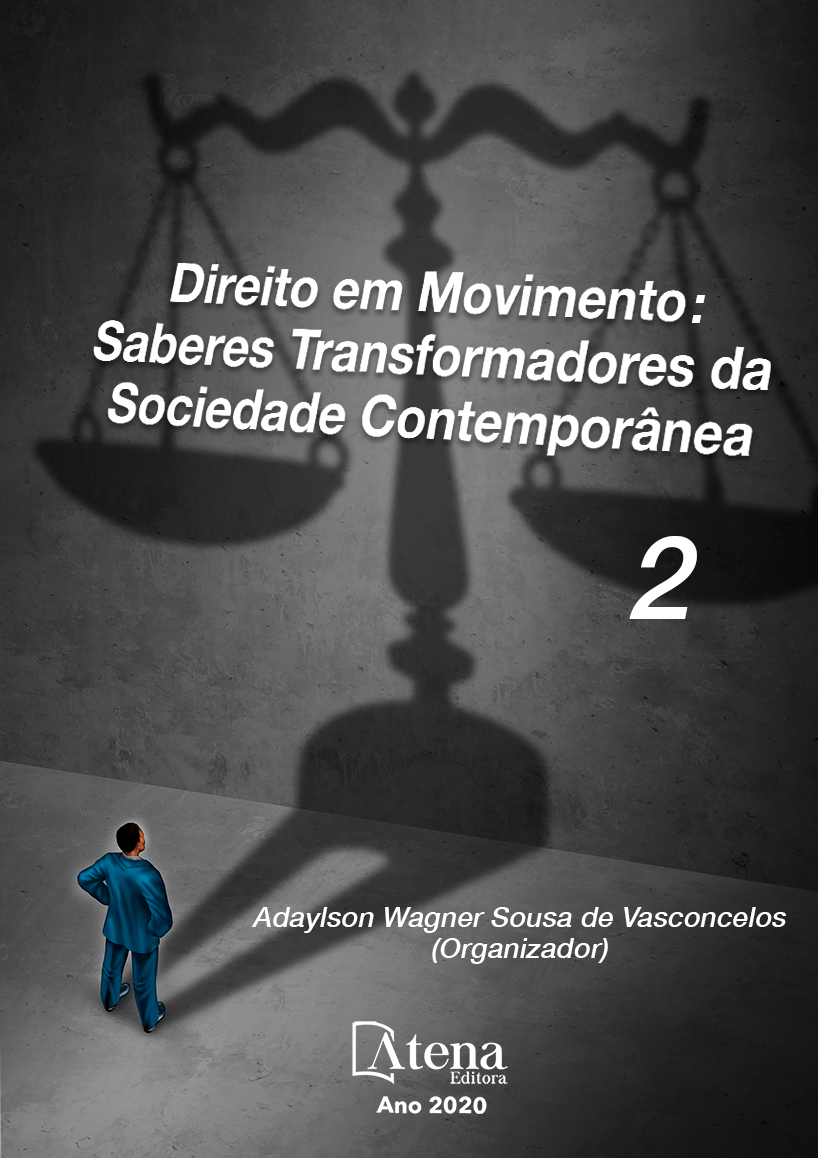
A (IM)POSSIBILIDADE DE DISCUTIR LEI EM TESE EM AÇÃO POPULAR
A Ação Popular, instrumento genuíno de defesa de interesses transindividuais, representa arma jurídica para controle, pelo cidadão, de atos lesivos aos interesses constitucionais estabelecidos. Diante disso, buscou-se avaliar no presente artigo se atos normativos podem ser objeto de Ação Popular, bem como avaliar o controle de constitucionalidade nestes casos, se é permitido ou não. Observou-se que a jurisprudência atual considera via adequada para impugnação de atos normativos que são, em realidade, verdadeiros atos administrativos, desprovidos do caráter de Lei, a ou seja, dos elementos de abstração e generalidade. Além disso, verificou-se que é possível a declaração incidental de inconstitucionalidade, desde este não seja o pedido da Ação Popular, mas uma consequência da mesma. Por fim, ficou evidenciado que há na jurisprudência julgados que extinguem a Ação Popular se restar demonstrado que sequer houve, pelo Autor, especificidade de caso contrato de lesão ao patrimônio público e à moralidade, sendo claramente utilizada para anulação de Lei, em usurpação à competência do Supremo Tribunal Federal para tanto.
A (IM)POSSIBILIDADE DE DISCUTIR LEI EM TESE EM AÇÃO POPULAR
-
DOI: 10.22533/at.ed.7082018082
-
Palavras-chave: Ação Popular; Ato Normativo; Ato Administrativo; Constitucionalidade.
-
Keywords: Popular Action; Normative Act; Administrative Act; Constitutionality
-
Abstract:
The Popular Action, a genuine instrument for the defense of transindividual interests, represents a legal weapon for the citizen's control of acts harmful to established constitutional interests. Therefore, we sought to evaluate in this article whether normative acts can be object of Popular Action, as well as to evaluate the constitutionality control in these cases, whether it is allowed or not. It was observed that the current jurisprudence considers adequate way to challenge normative acts that are, in fact, true administrative acts, devoid of the character of Law, that is, the elements of abstraction and generality. Moreover, it has been found that an incidental declaration of unconstitutionality is possible, provided that this is not the request of the Popular Action, but a consequence thereof. Finally, it was evidenced that there is in the jurisprudence judged that extinguish the Popular Action if it is shown that there was not even specificity by the Plaintiff of a case contract of damage to public property and morality, being clearly used for annulment of Law, in usurpation of jurisdiction of the Supreme Court.
-
Número de páginas: 12
- Sebastião Sérgio da Silveira
- Fabiana de Paula Lima Isaac Mattaraia


